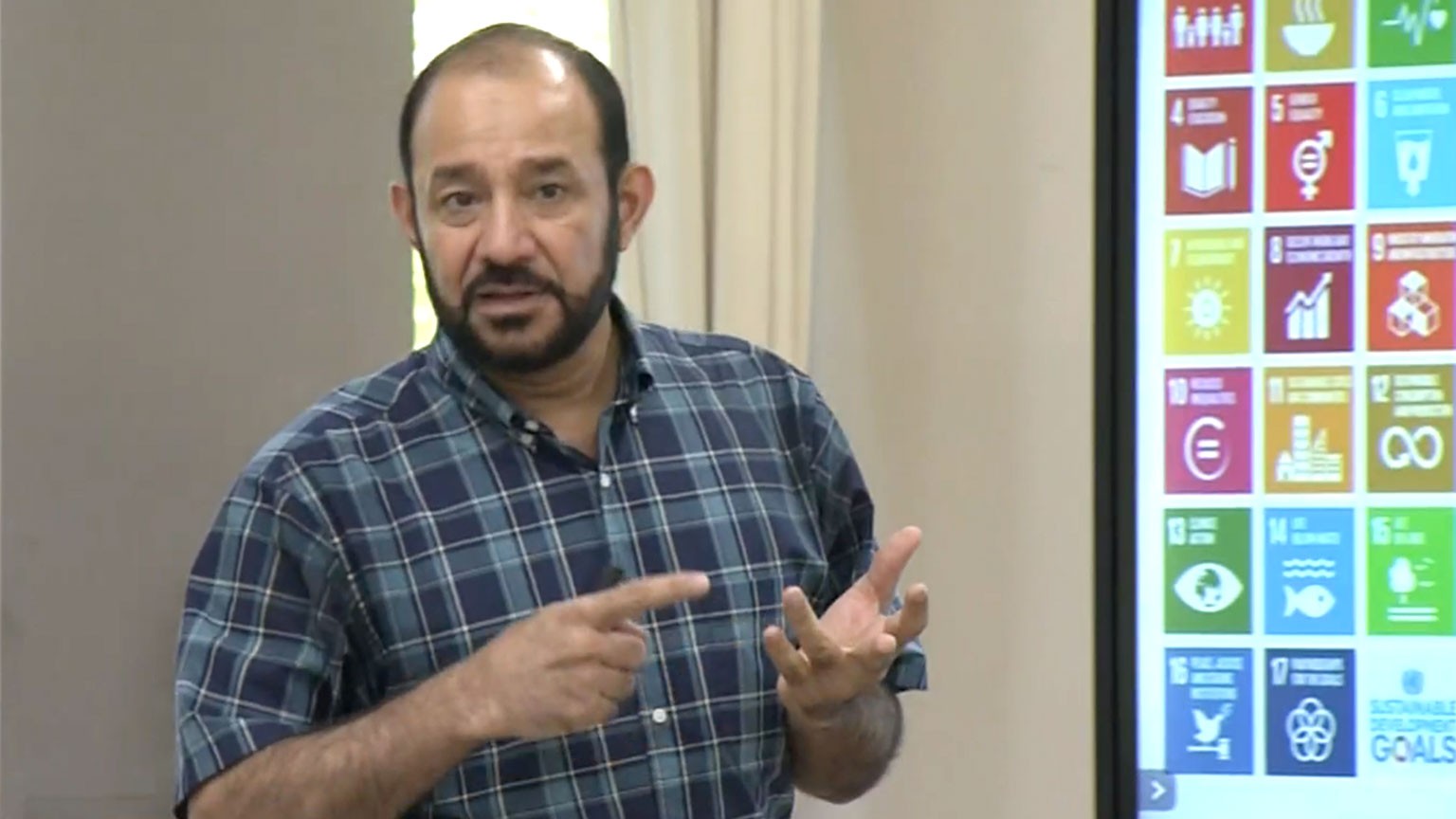Mowahed Hasibullah fled Afghanistan a year ago. After his arrival in Japan, he was swiftly granted a visa to work at Tokyo University of Foreign Studies. He is now teaching economics as a temporary instructor.
He came to Japan with 11 other family members. Before the Taliban retook power, he was in charge of economic policy planning in the Afghan government. Previously, he was a peace studies student at Tokyo University of Foreign Studies. According to Hasibullah, several colleagues with a similar background were killed by the Taliban, and he fears his life would be in grave danger if he returned.
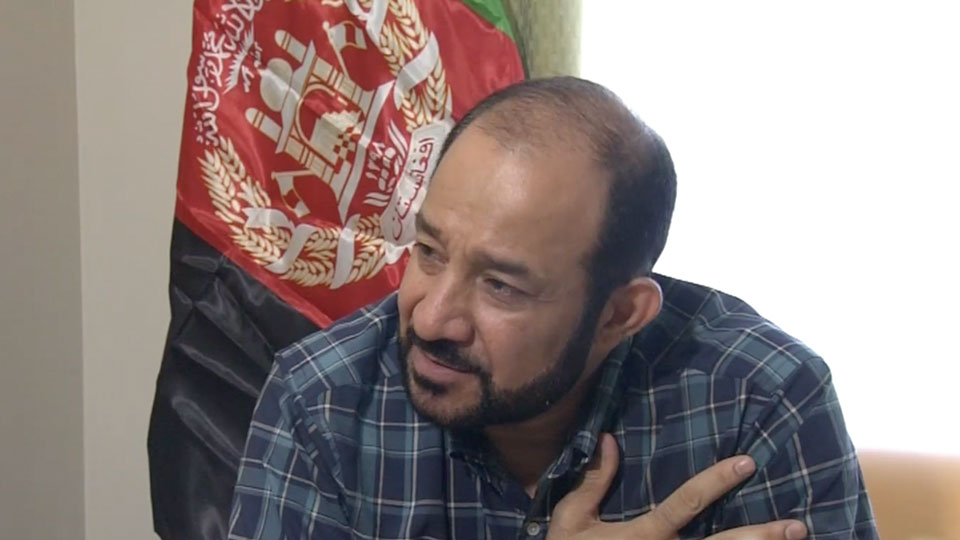
He said, "If I go back to Taliban-ruled Afghanistan, I know exactly what will happen to me. Even if I'm beaten or killed, no one will clamp down on it."
In addition to his salary, the university provides the family with free housing. However, due to limited university budgets, his contract will expire in six months. He and his family will have to vacate the residence.
He applied for refugee status in April, but has not yet received any notification of recognition. His anxiety is growing. He said, "Under this circumstance, we only have two choices: To live in Japan or to die in Afghanistan." He added, "If the Japanese government does nothing, we'll face an extremely critical situation."

NHK asked the Immigration Services Agency about the status of the refugee applications submitted by Afghans. They responded: "Based on the latest situation in Afghanistan, we examine each applicant's application and grant refugee status appropriately based on the definition of the Refugee Convention."
NPO: More and more Afghans want to leave the country
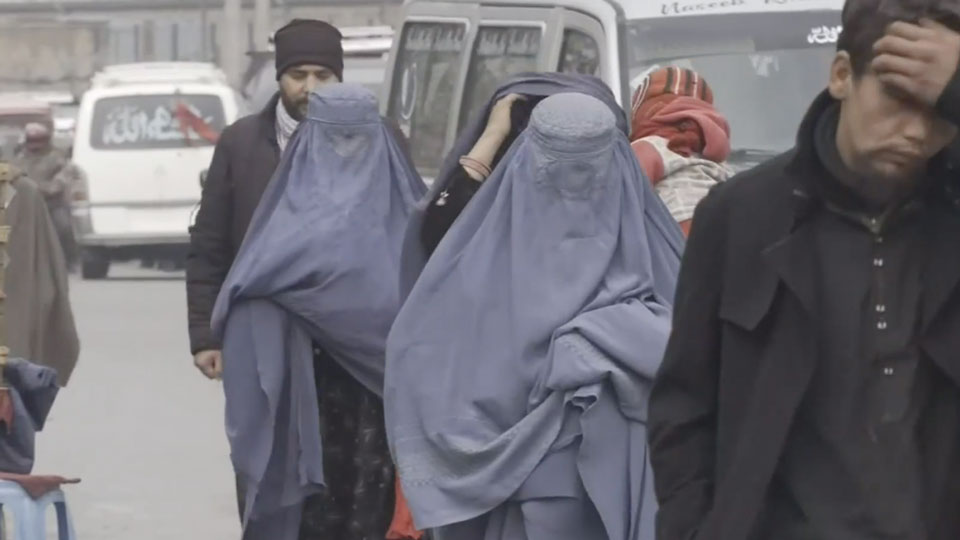
Japanese NPO REALs has assisted about 300 Afghans over the past two years. They say in Afghanistan more and more women are being sexually assaulted and athletes are being beaten. REALs is helping more than 100 Afghans to find refuge in another country.

Seya Rumiko, president of REALs, said, "(Immediately after the political upheaval) there were people who thought they would stay in the country because they thought there was still something they could do. But especially since the beginning of this year, more and more Afghans are deciding that they need to leave the country to protect their own lives and those of their children."
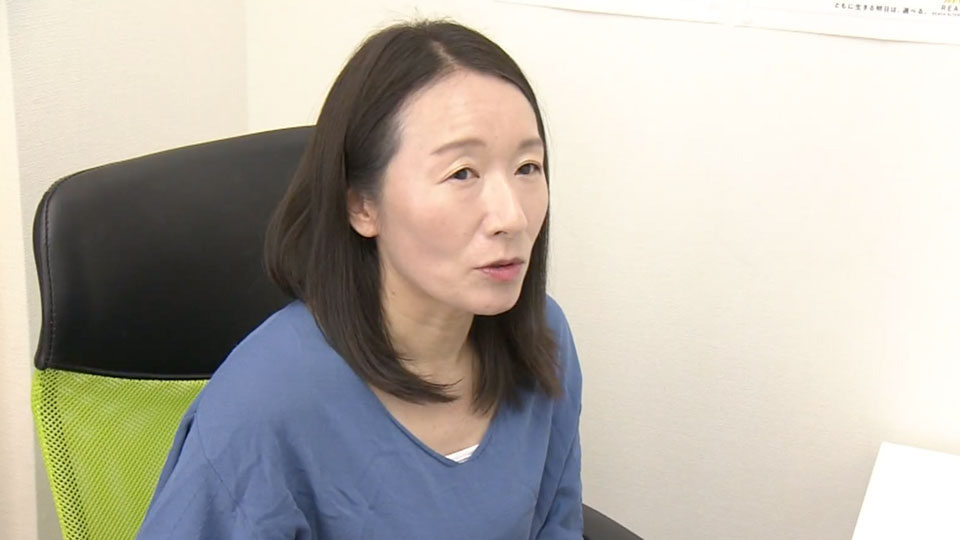
Waning international support impacting Afghans
No country has so far recognized the Taliban. The tapering off of support from the international community is putting Afghans in an even more precarious situation.
Some voices say Japan's assistance is facing challenges as the number of people who want to evacuate is increasing.
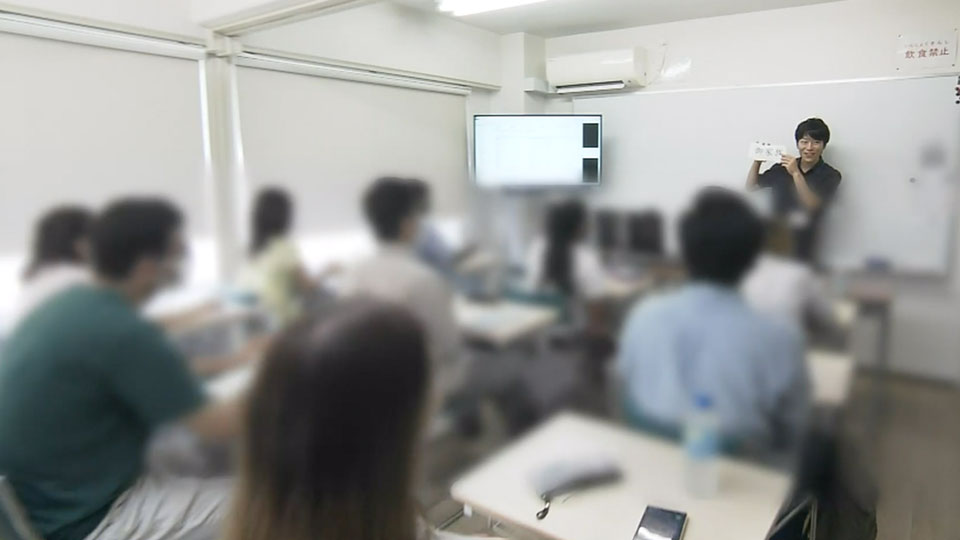
A Japanese language school hosts students from more than 30 countries. The school has evacuees from various countries. Today, they have students from Afghanistan, Syria and Ukraine. However, administrative support in Japan varies depending on which country they come from.
For instance, people from Ukraine can enter Japan without a guarantor. They are given assistance for travel, living expenses and housing. But Afghans receive no such support, in principle. As a consequence, the school is helping those in need. They provide free housing for Afghans and exempt them from tuition fees for two years.

An Afghani student said, "When I came to Japan, I couldn't speak a word of Japanese at the hospital or city hall, but teachers helped me a lot and I was saved by that."
An expert: Current situation is contrary to international law
Meiji Gakuin University's professor Abe Kohki, an expert on international law, said that the current situation is "contrary to international law as political and geopolitical considerations create discrimination among people who should be given equal protection." He added, "Evacuees from any country should be treated in the same way as the ones from Ukraine."
Regarding these points, the Japanese Ministry of Foreign Affairs told NHK, "The response to displaced persons in Ukraine is being undertaken by the government as a whole as an emergency measure in light of the critical situation in Ukraine, and it is difficult to make a general comparison with the response to people from other countries."
